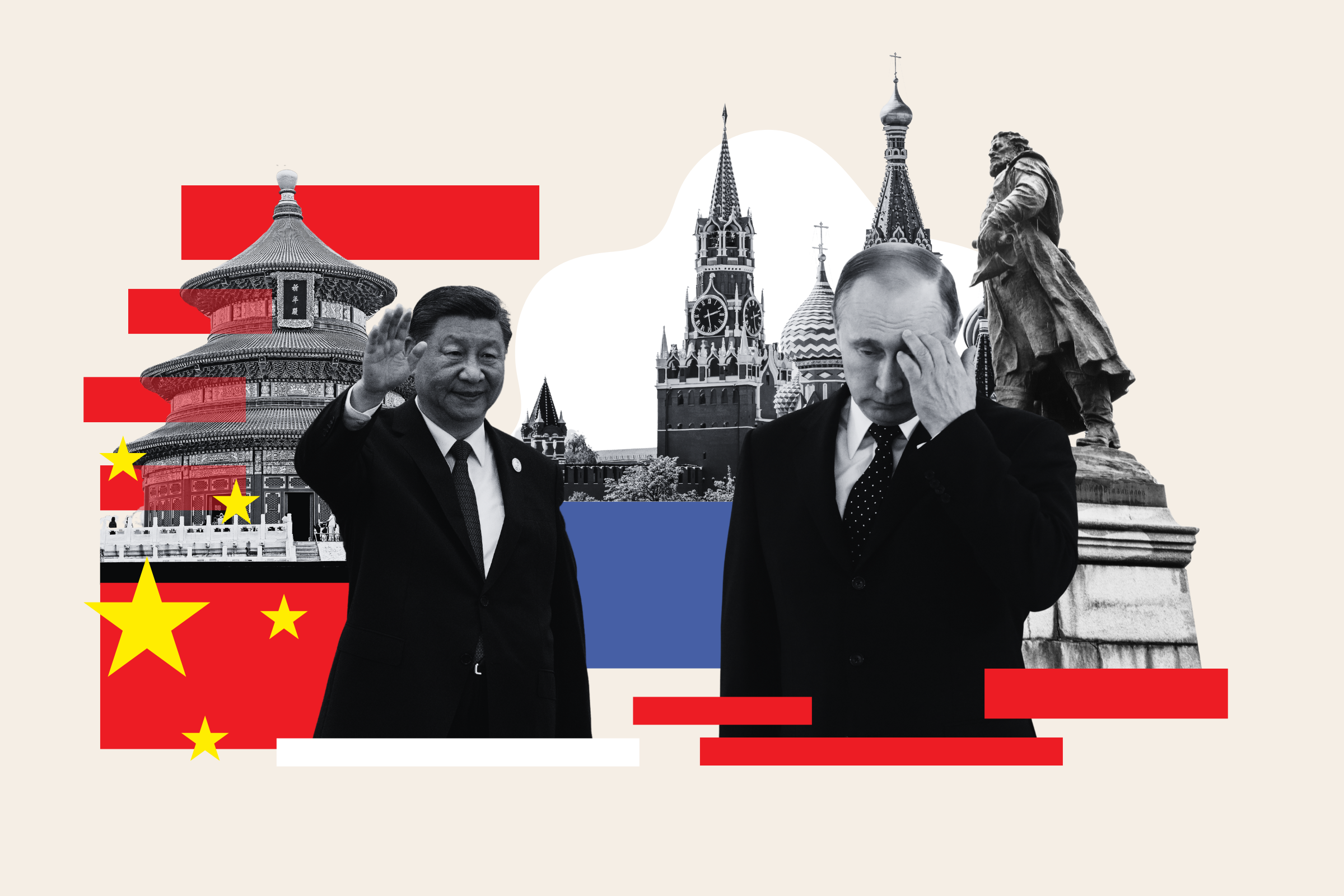This year, Russia’s growing partnership with China has hit some bumps. Chinese banks, wary of potential U.S. sanctions following Vladimir Putin’s invasion of Ukraine, are increasingly turning down transactions. This has led Moscow to hike fees on yuan (RMB) transfers.
Since the Ukraine conflict began, Russia has seen a significant boost from its ties with China. Last year, bilateral trade surged 26% to a record $240 billion, with Russia becoming China’s main oil supplier.
Recently, reports indicated that nearly all Chinese banks—about 98%—have started rejecting RMB-denominated settlements. Major banks, as well as smaller ones, are tightening compliance with U.S. regulations to avoid secondary sanctions. This limited RMB usage has created a squeeze on liquidity, prompting Russian banks to increase their fees.
In fact, Russian companies facing challenges this month are now navigating additional obstacles from local financial institutions. Expobank JSC recently raised its RMB transfer fee from 1.2% (with a minimum charge of 350 RMB, roughly $49) to 6.5%. The minimum fee has skyrocketed to 7,500 RMB, up from the previous cap.

Photo-illustration by Newsweek/Getty
Other banks, like Uralsib, are also hiking their RMB transfer commission to 6.5%, with a new minimum transfer requirement of 400 RMB. Meanwhile, SDM Bank has raised its fee to 6.2%. According to Vyacheslav Andryushkin, SDM Bank’s deputy chairman, these price increases are directly linked to the shrinking market opportunities.
As a result of these changes, Russian importers are increasingly relying on intermediaries for transactions.
One potential solution being considered is a joint Chinese-Russian bank, a concept that has circulated for decades. Alexey Maslov, from Moscow State University, noted that the idea is now gaining traction in Chinese media, although it remains in the early planning stages. This bank could allow smoother transactions between the two nations, with operations conducted discreetly in both countries.
Adding to Russia’s reliance on China, the inclusion of the Moscow Exchange on the U.S. Treasury’s sanctions list has restricted trading in dollars, pushing Russia to depend more on the yuan for international trade and reserves. This shift leaves the Russian economy vulnerable to fluctuations in Chinese monetary policy.
